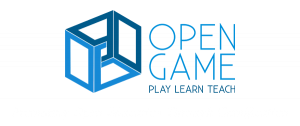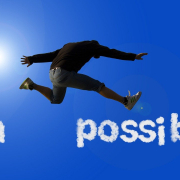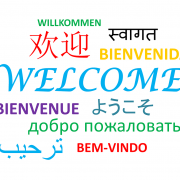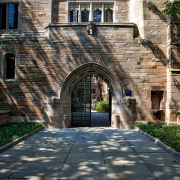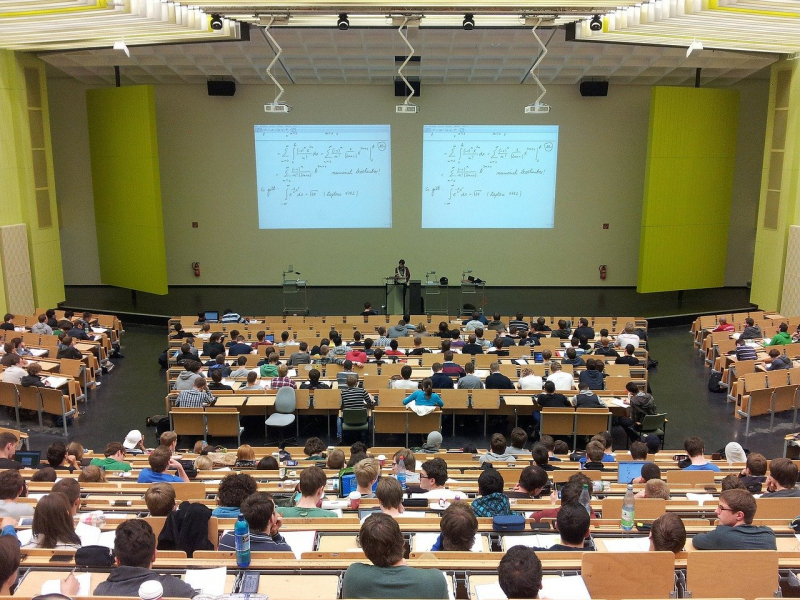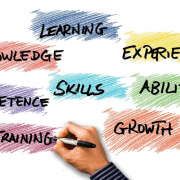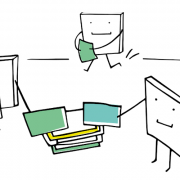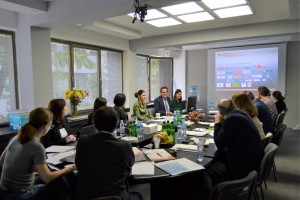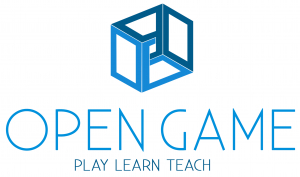The sad and tense current situation we are living through has made many be aware of the importance of open knowledge being made available. In all countries teachers are needing to teach online. For that, they need access to more educational resources that they can share with other teachers and their students or pupils.
Many editors, newspapers, and more generally providers of knowledge have decided in the past few days to make their resources freely available. But it is still unclear if this is just a momentary offer or if they propose that teachers can really use this material in those conditions made clear by the recommendation approved by UNESCO in November.
It is important here to recall what is known as the 5 « R »s of open educational resources: making learning material open means giving each user the opportunity and right to
- Reuse, that is how he wants,
- Revise, that is to modify the resource for his own requirements,
- Retain, that is to keep copies on any support,
- Remix, that is to use several OER to build a new one,
- Redistribute, that is to share the original resource or the newly created one.
The ability to make sure everyone is aware of his rights is done through the use of a license: the Creative Commons licenses offer the right amount of alternatives for everyone to share in a straightforward way.
With an offer which would be limited in time, the confusion created would be huge: students would be encouraged by their teachers to make use of the new material. Then one day –and we hope this day will arrive as early as possible- the Coronavirus crisis will be behind us and what is to happen? Will all this material cease to be shareable? Will the publishers ask the teachers to use it no longer and to ask all those with who they have been sharing to do it no longer?
What are some of the great OER repositories and projects supposed to do? Accept this material, recommend it? And then be told they can do it no longer?
What is OpenGame supposed to do? Include these offers in the game we are preparing to train all teachers to become open educators? Or stay away because in doubt if the material we would push becomes one day proprietary again?
No. The answer is simple, the material should be shared with a license which is there to stay.
This is a unique opportunity to change the rules: we ask the publishers (those who have not done it yet) to publish the material they want today to share as Open Educational Resources with a Creative Commons license.
